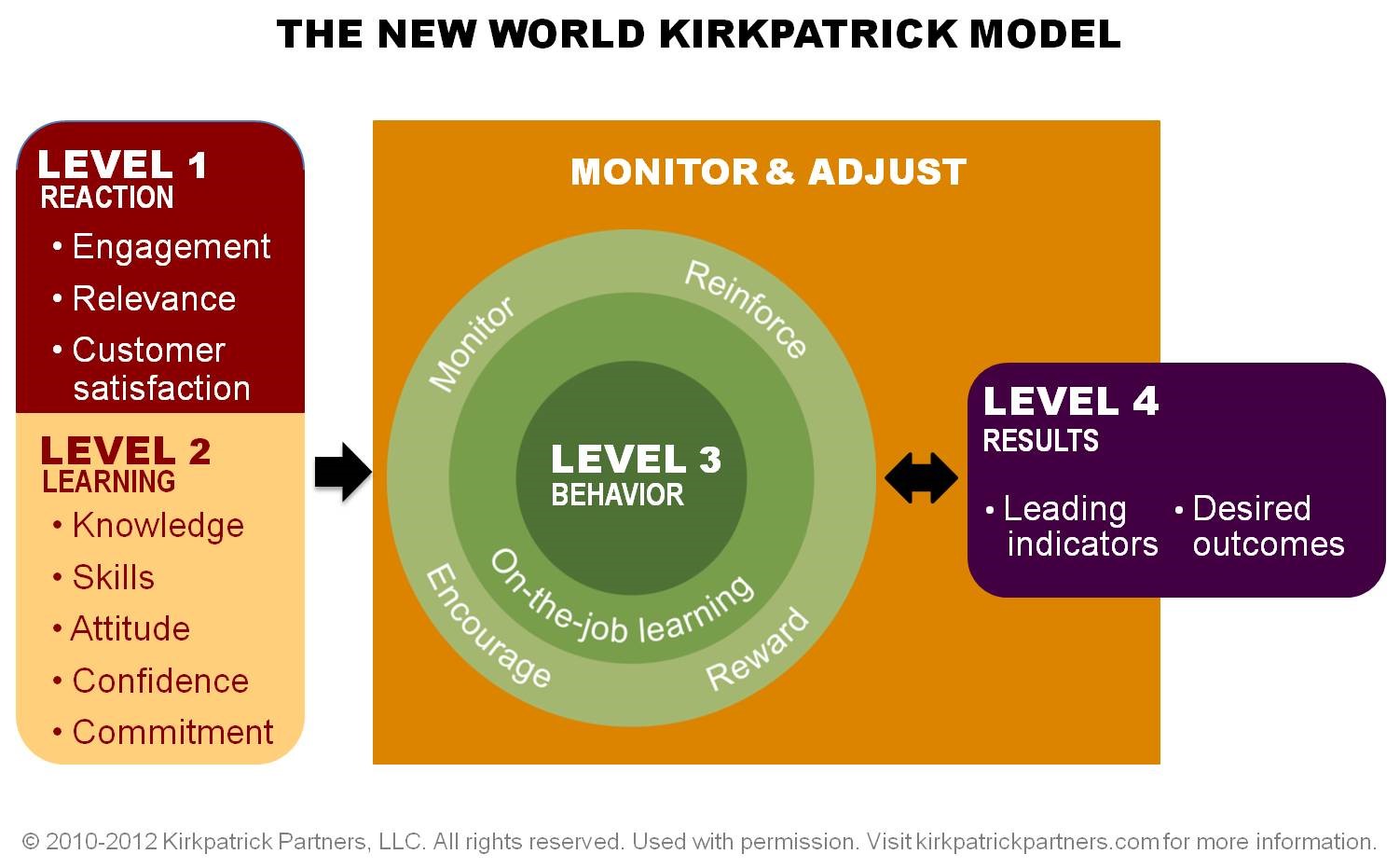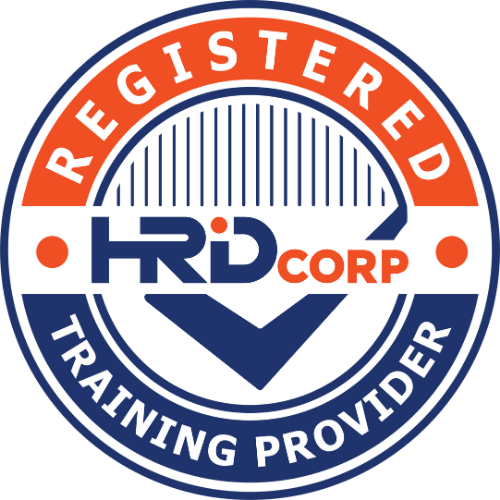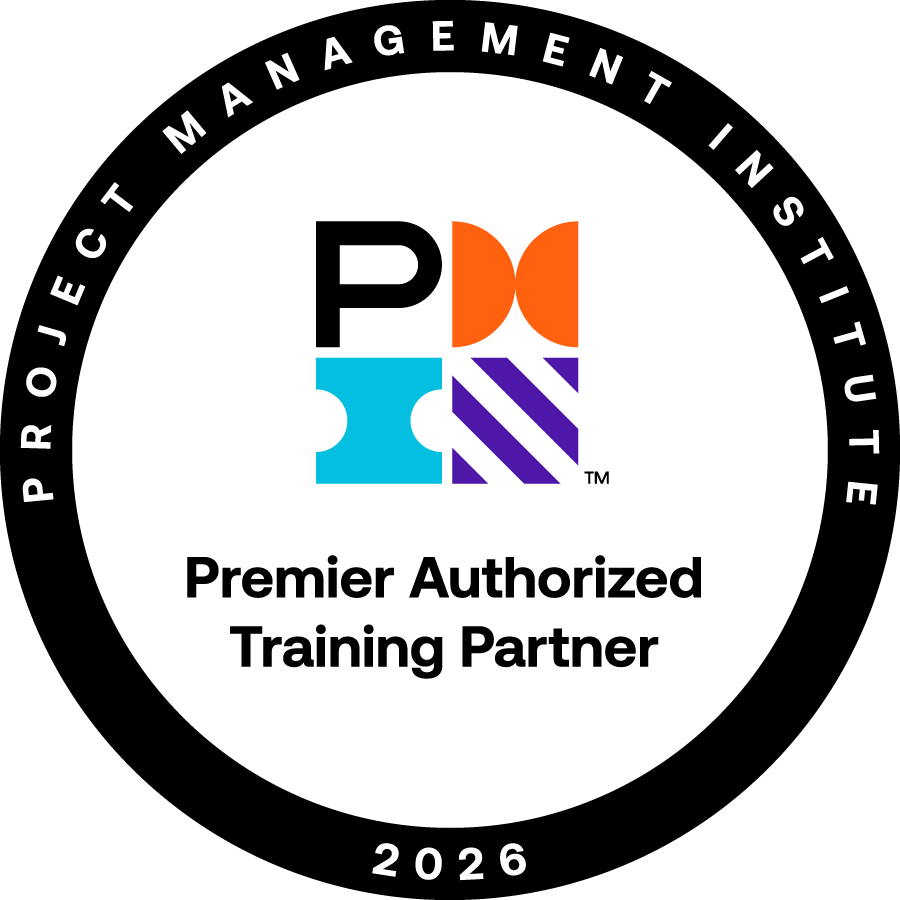Critical Thinking Training Course

Course Overview
This training program has been designed to introduce participants to the concept of “critical” or unconventional thinking that is required to solve complex problems. It starts with the premise that everyone is a habitual, conventional thinker and then encourages the participants to expand the thinking horizon beyond conventional thinking through a series of games and activities.
It also covers key issues that need careful consideration before making decisions and resolving problems. Given that decision making and problem solving requires careful analytical skills, this topic will be covered extensively during the course of this two day program as well.
This Critical Thinking & Analytical Training Course usually will be conducted in Kuala Lumpur, Malaysia and as an Online Live Virtual session.
More Information:
By the time the training is over, participants will be able to
- Recognize “thinking traps” that impede correct analysis of problems.
- Recognize errors associated with decision making when dealing with problems.
- Differentiate between overall concerns and actionable problems.
- Systematically refine overall concerns to actionable problems.
- Differentiate between simple, complex and complicated problems.
- Use common problem-solving tools to deal with complex problems.
Key course outcomes:
The extent to which the learning is transferred in the workplace depends on:
- Training Design relevance
- Trainee readiness and receptivity
- Organizational support mechanisms
With effective learning transfer, the following outcomes may be achieved:
- Faster delivery of value to end customer.
- Higher levels of accountability of work teams.
- Higher visibility levels of work progress and impediments.
- Faster decision making by the people who are directly affected by decisions made.
Learning Objectives


Mental filtering, Emotional Reasoning




Program Methodologies

Participants will be encouraged to share their challenges being faced at workplace before and during the class. This will provide ample opportunity for the facilitator to focus on specific areas they need to improve their critical thinking competency.
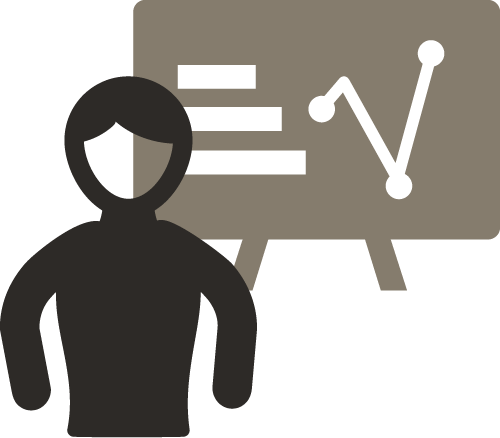
Brief overview of the conceptual underpinning as well as core principles will be conveyed using relevant examples by the course facilitator through a mini lecture.

Participants will be encouraged to ask questions and provide answers to questions posed so that a common understanding of key concepts and principles to emerge as the session progresses.

A group-based discussion approach will involve the participants to be broken into groups and asked to describe a challenges that they are currently involved in. They will then be required to apply what they have learnt to solve the challenges chosen and present their findings to class. The class and the facilitator will then provide feedback to them, and this will give them an opportunity to gain deeper insights on how they should have applied the concepts covered in class.
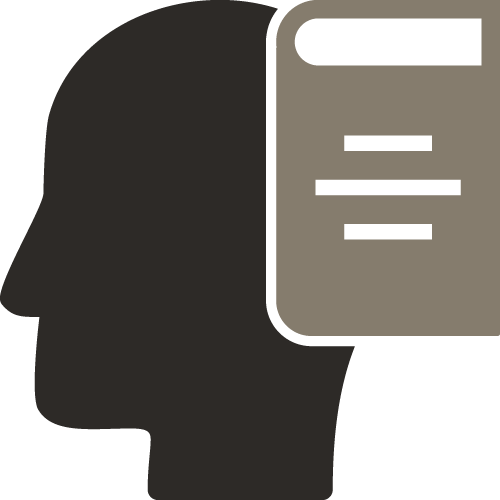
A mini case study approach will involve a case study being given to the participants and the participants will be required to analyze the case in the context of how to deal with risks associated with the project.
Featured Clients
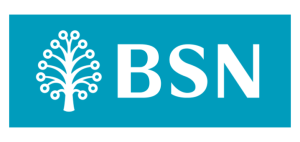

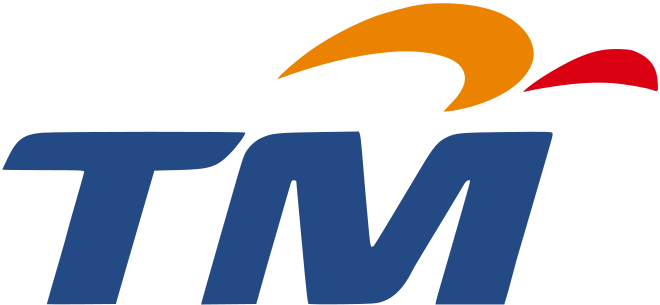

Critical Thinking Course Syllabus & Outline
- Critical and Analytical Thinking (6 Contact Hours)
- Meaning of critical thinking
- Common thinking traps
- Critical Thinking Cycle - Decision Making (6 Contact Hours)
- Importance of decision making
- Challenges associated with decision making
- Requirements for making timely and correct decisions - Problem Solving (4 Contact Hours)
- Refining concerns to actionable problems
- Characteristics of a problem statement
- Categories of problems
- Solving complicated problems
- Solving complex problems
FAQ & Further Information
The 70:20:10 Model for Learning and Development has been found to be most effective within the training profession to describe the optimal sources of learning aimed at developing work based competencies. It holds that individuals obtain 70 percent of their knowledge from job-related experiences, 20 percent from interactions with others, and 10 percent from formal educational events.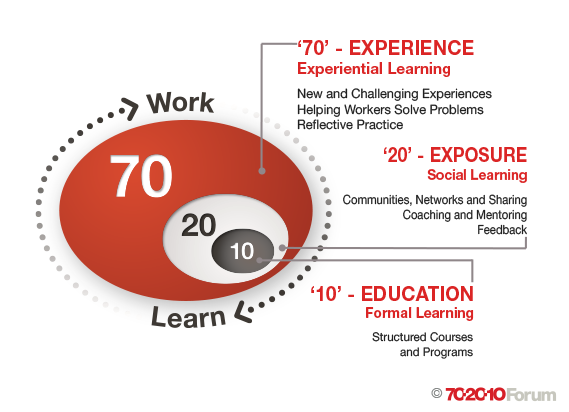
Based on this model, we propose that this course be structured along similar lines. It is proposed that it is undertaken in stages. These stages will include awareness stage, appreciation stage and application stage

